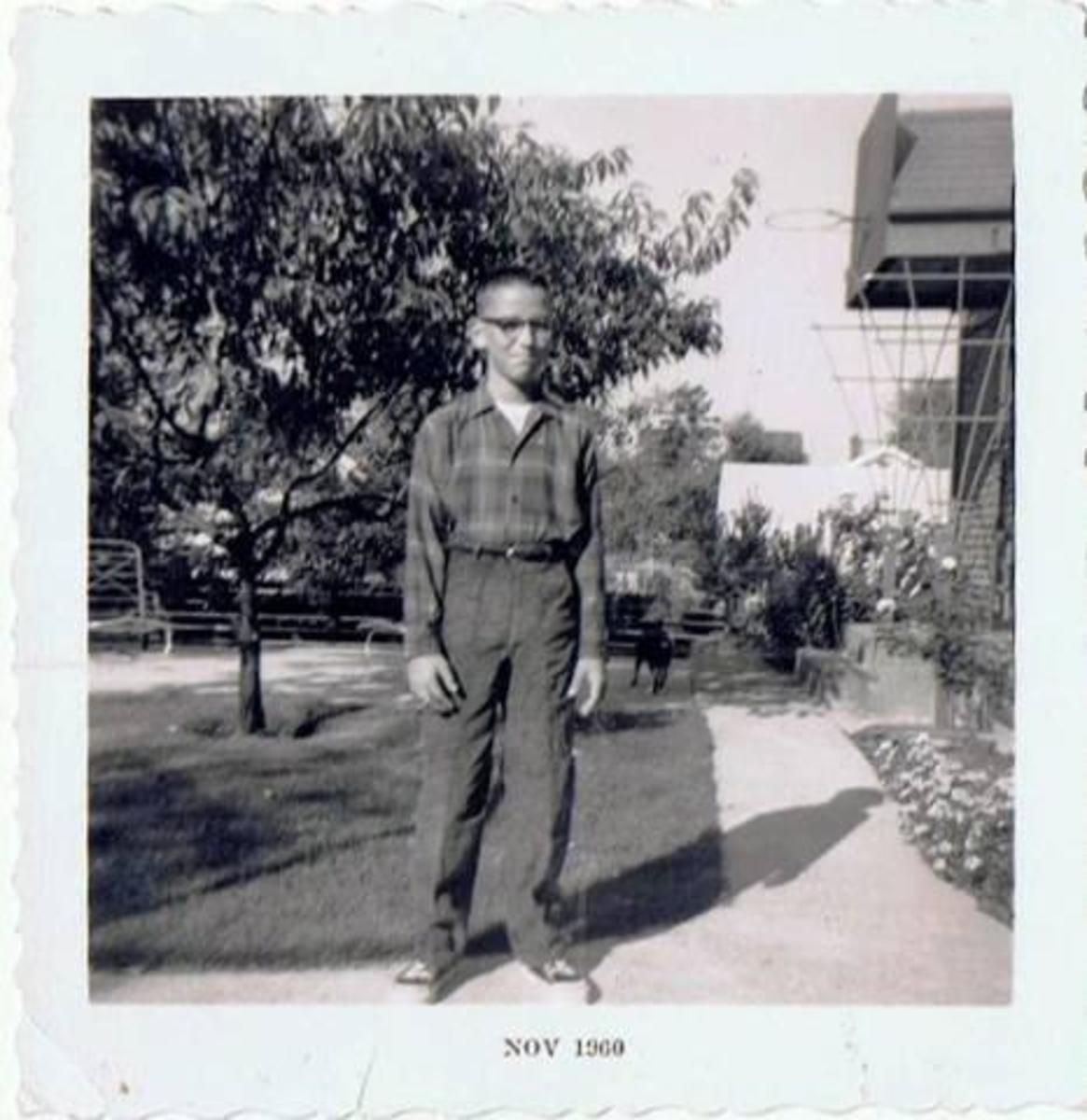How Police Records Impact a DACA Application


One the most common questions asked by applicants when applying for DACA (a special immigration program to allow those between age 15-31 and have been educated in the USA to obtain a driver's license and work permit\SSN) is their police record, if they have one. For most, it is not an issue but for others it could be a roadblock.
If you have been convicted of a felony offense, a serious misdemeanor offense, or three or more non-serious misdemeanor offenses you are ineligible for a driver's license or work permit. But, while felonies are more obvious because they are serious crimes, most of the questions revolve around misdemeanors. Felonies always have a sentence of more than one year in prison, misdemeanors are always less than a year in jail, usually in a county facility not a state prison.
So, serious misdemeanors include: domestic violence; sexual abuse or exploitation; burglary; unlawful possession or use of a firearm; drug distribution or trafficking; or, driving under the influence; or, is one for which the individual was in jail MORE than 90 days. The sentence must involve time to be served in custody, and therefore does not include a suspended sentence. Non-serious misdemeanors are ones that jail time is LESS than 90 days in length.
So, a felony or serious misdemeanor prohibits you in DACA. If you have 3+ non-serious misdemeanors, you are also prohibited.
Most traffic infractions (speeding, failing to stop etc.) are not considered and are allowed. However, a DUI will prohibit you. Repeated offenses may prohibit you also if you have more than 3-4 ( such as, numerous speeding tickets, driving without a license etc.). If you are or were a gang member, that will stop you.
Of course, lying about it is a stupid thing since ICE will find out when your fingerprints are done and sent to local and federal agencies for background checks. If that happens, your application will get denied.






